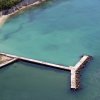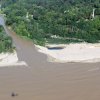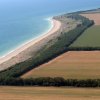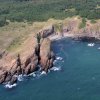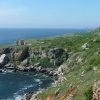Center for Coastal & Marine Studies
The MSP4BIO first two deliverables are available online!
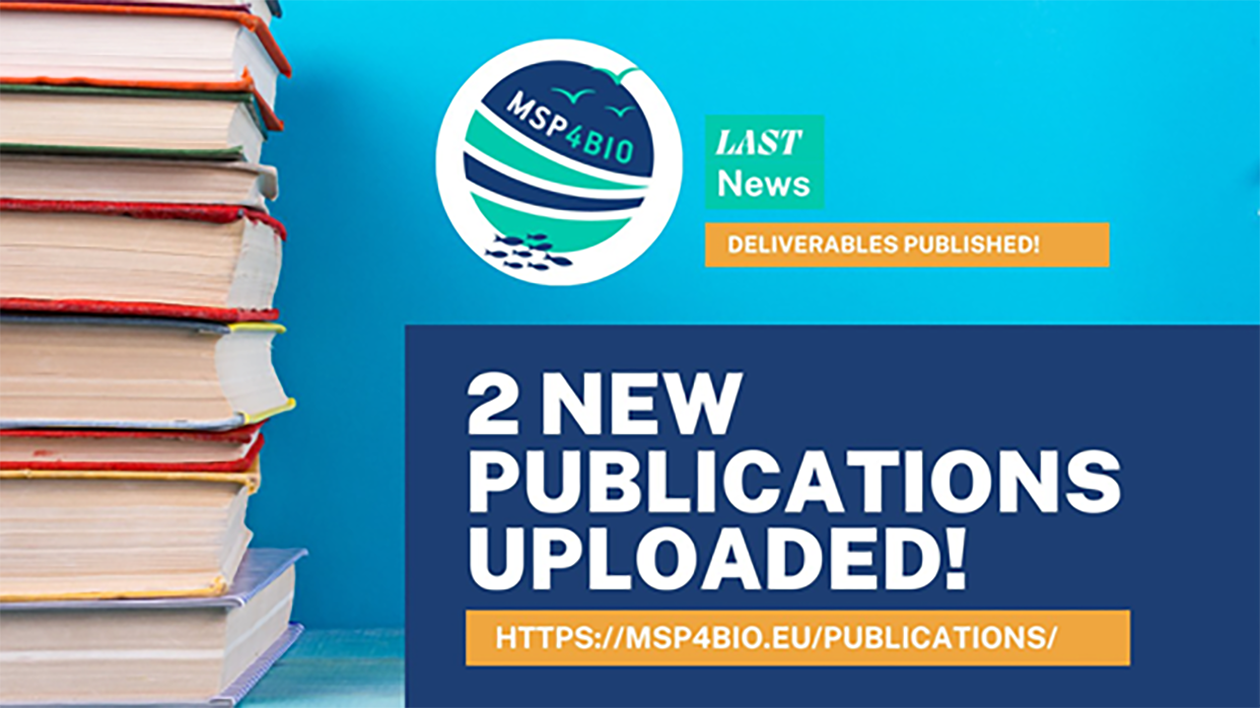
What about starting the week by reading our first 2 deliverables published online: https://msp4bio.eu/publications/
• D2.1: Overview of the available biodiversity datasets & platforms relevant for planning
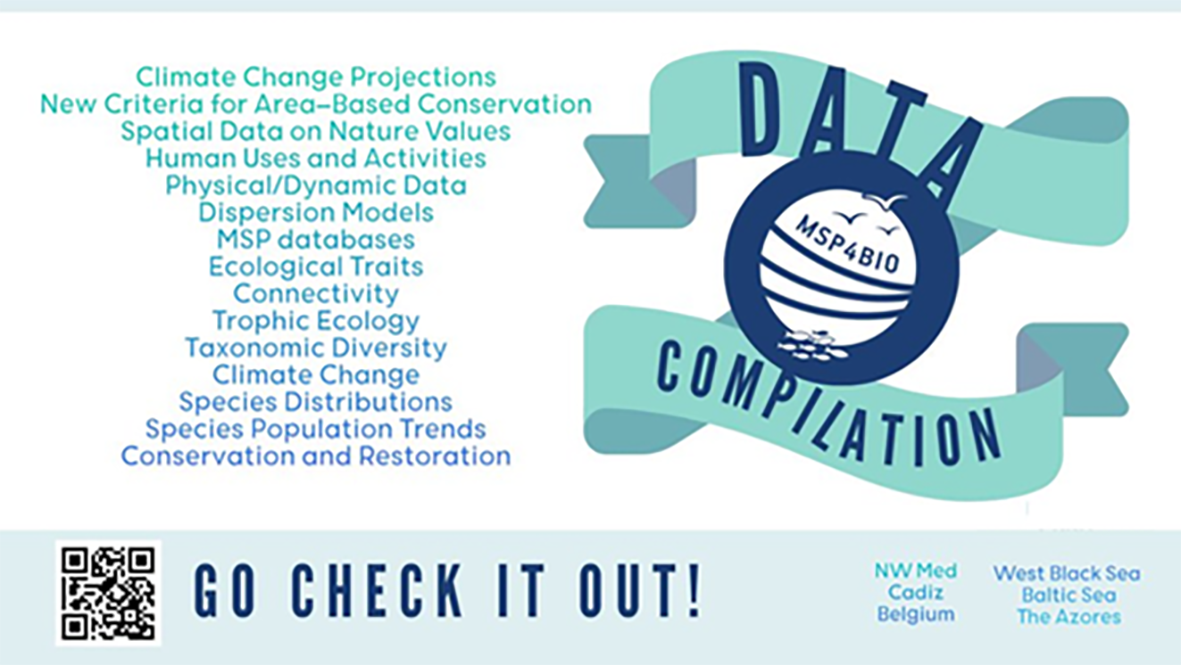
This deliverable presents an analysis of the availability of datasets, data platforms, tools, and models required by MSP4BIO. Data were compiled and the availability for each test site and data requirement (desideratum) was analyzed. Data availability varied considerably between test sites and desiderata. The analysis found several data gaps, which serve as guidance for data collection by other work packages. In total, 339 datasets, data platforms, tools and models were compiled from a wide variety of sources.
Read the full deliverable here!
Summary of the MSP4BIO deliverable on MPA and MSP policy coherence is out!
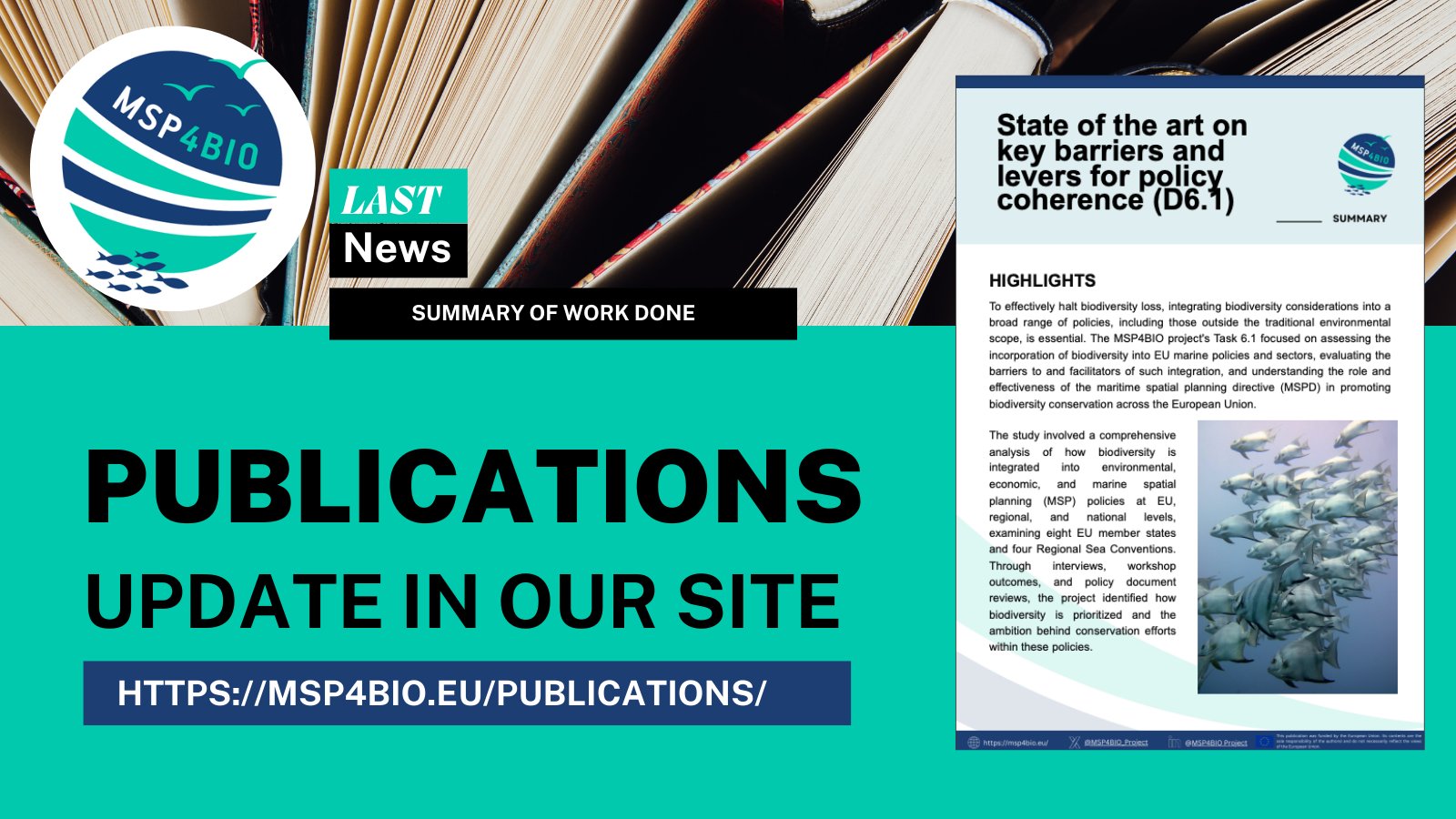
Check out what this comprehensive study is about: State of the art on key barriers and levers for policy coherence (D6.1): https://msp4bio.eu/wp-content/uploads/2024/02/Summary-6.1_MSP4BIO_short-version.pdf.
To effectively halt biodiversity loss, integrating biodiversity considerations into a broad range of policies, including those outside the traditional environmental scope, is essential. The MSP4BIO project's Task 6.1 focused on assessing the incorporation of biodiversity into EU marine policies and sectors, evaluating the barriers to and facilitators of such integration, and understanding the role and effectiveness of the maritime spatial planning directive (MSPD) in promoting biodiversity conservation across the European Union.
The study involved a comprehensive analysis of how biodiversity is integrated into environmental, economic, and marine spatial planning (MSP) policies at EU, regional, and national levels, examining eight EU member states and four Regional Sea Conventions. Through interviews, workshop outcomes, and policy document reviews, the project identified how biodiversity is prioritized and the ambition behind conservation efforts within these policies.
The full study will be published in MSP4BIO’s website once finished!
Check out our deliverables section under our 'Publications' subpage! We will start uploading summaries of the work we have carried out and later on the full deliverables: https://msp4bio.eu/publications/
MED MSP CoP IV Webinar: Sharing knowledge as key for advancing MSP practice: examples from other communities of practice and knowledge platforms
Tuesday 13th February 2024 11:00-12:15 CET
The MED-MSP-CoP organises a series of technical Webinars to:
• Disseminate valuable practices on MSP in the Mediterranean
• Illustrate how such experiences tackle some of the key challenges addressed by the MED-MSP-CoP, including “MSP for MPAs” and “MSP as key enabler for SBE strategies and initiatives”
• Provide a regular opportunity for an open discussion on MSP-related issues of common interest for the MED-MSP-CoP experts
• Invite any other experts in participating to the discussion and more in general to join the MED-MSP-CoP.
The IV MED MSP CoP Webinar will be chaired by Emiliano Ramieri (CNR ISMAR) and includes two presentations:
11:00 – 11:25
MSP-OR Platform: an ocean governance hub: for the Outermost Regions, Helena Calado (University of Azores)
11:25 – 11:50
MSP4BIO CoP: a platform to co-develop a better alignment of MSP and MPAs management, Margarita Stancheva (Center for Coastal & Marine Studies)
11:50 – 12:15 Moderated discussion
If you are not a member of the MED-MSP-CoP and you would like to participate in the Webinars please contact at:
For further updates, please follow: https://maritime-spatial-planning.ec.europa.eu/events/med-msp-cop-iv-webinar-sharing-knowledge-key-advancing-msp-practice-examples-form
MARITIME SPATIAL PLANNING FOR A GREENER EUROPE: Year 2023 reflections from the MSP-GREEN Project
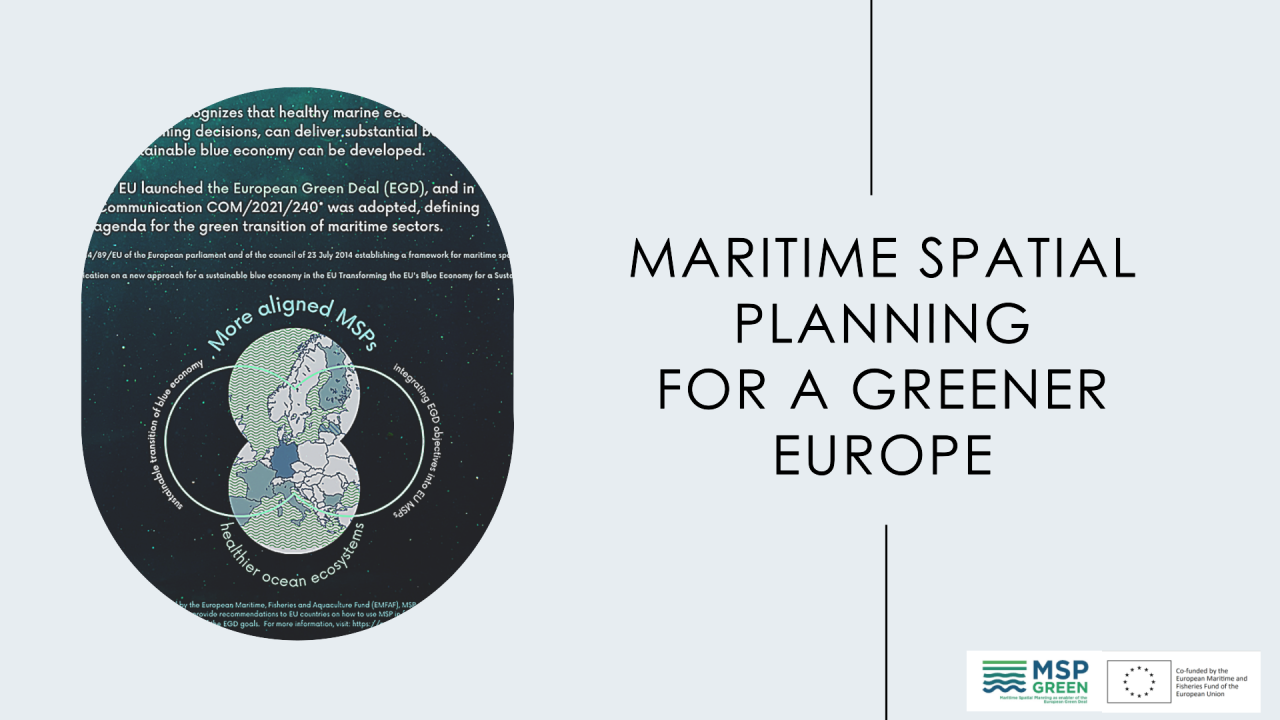
The EU Directive on MSP describes maritime spatial planning as: "a process by which the relevant Member State’s authorities analyse and organise human activities in marine areas to achieve ecological, economic and social objectives."
As such, the European Maritime, Fisheries and Aquaculture Fund (EMFAF) co-funded project MSP-GREEN contributes to align maritime spatial plans (furthermore - MSPs) to the ambition of the EGD. The project considers five European sea basins: the Mediterranean Sea, the Black Sea, the North Sea, the Baltic Sea and the Atlantic Ocean, within which the MSPs of Italy, Spain, France, Bulgaria, Germany, Latvia and Finland are analysed.
Over the past year - 2023, in the framework of MSP-GREEN project Working Package 2, a comprehensive methodological analysis took place where partners assessed whether and how their national Maritime Spatial Plans have considered the EGD objectives. This was realized by identifying which are the major gaps, the challenges encountered, and the trade-offs expected in mainstreaming EGD into MSPs. To achieve these objectives, partners analysed their national MSPs and identified the components in line with the various elements of the EGD actions: (1) climate change, (2) circular blue economy, (3) marine biodiversity, (4) marine renewable energy, (5) sustainable food provision, (6) zero pollution.
Additionally, the project addresses horizontal components of the EGD, such as achieving a just, fair and inclusive transition.
























